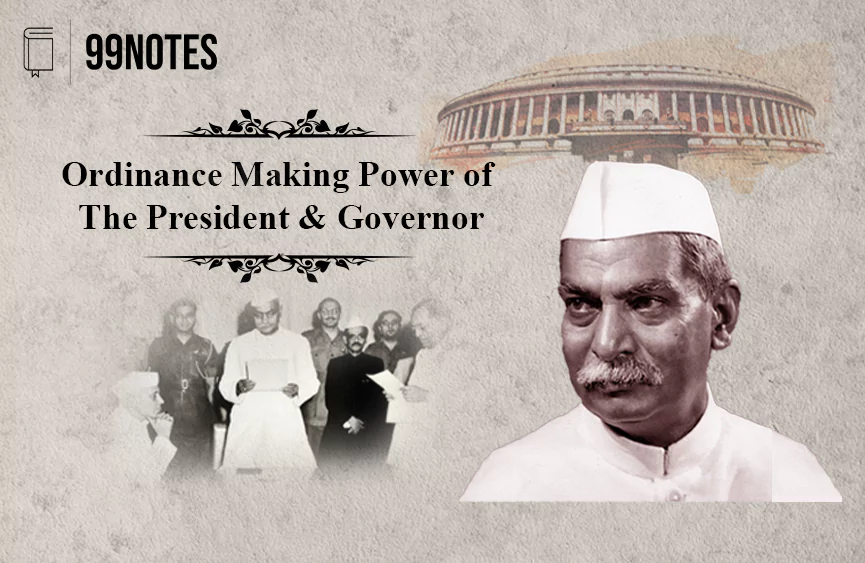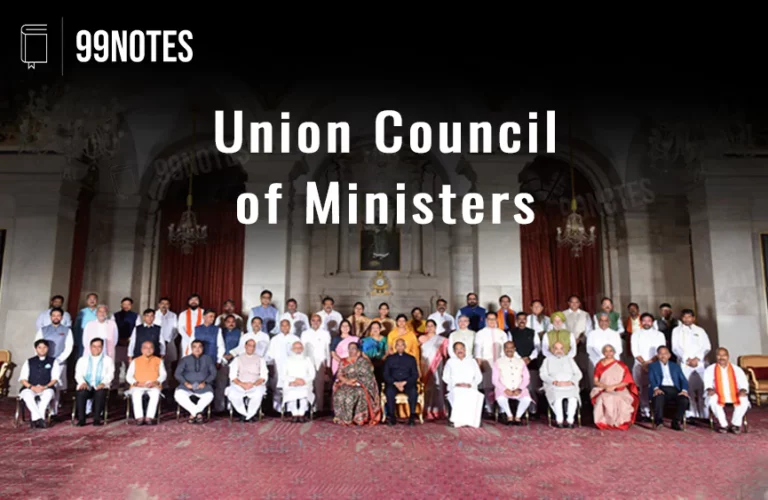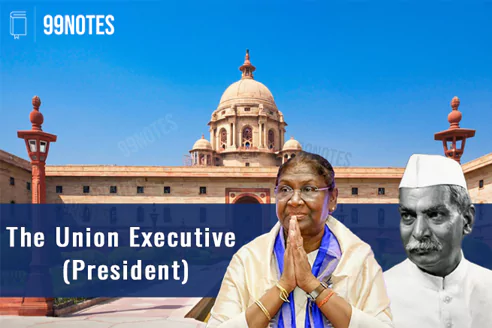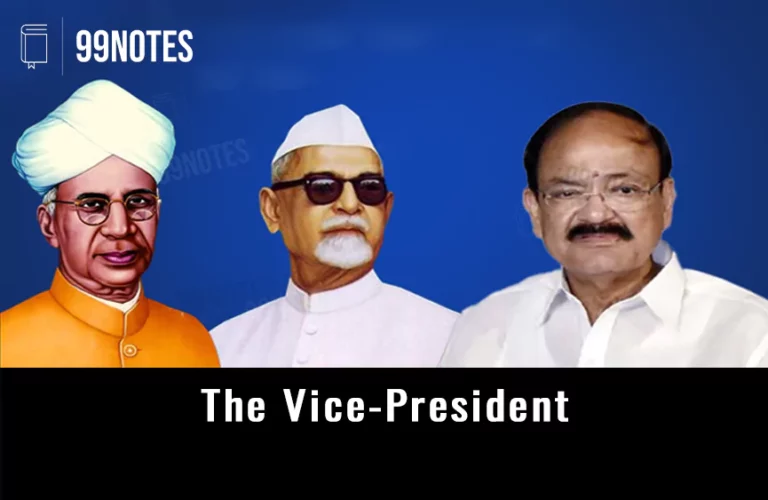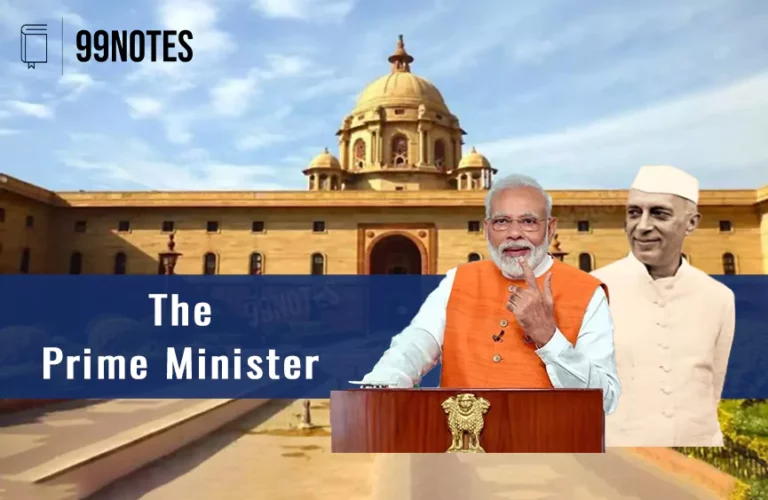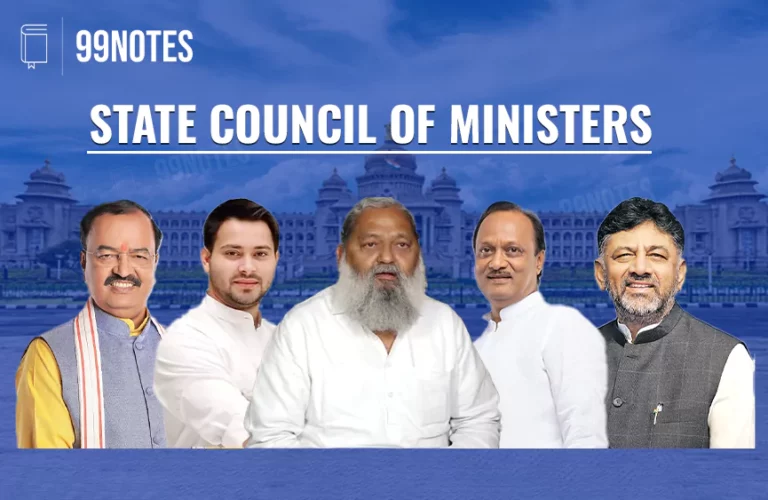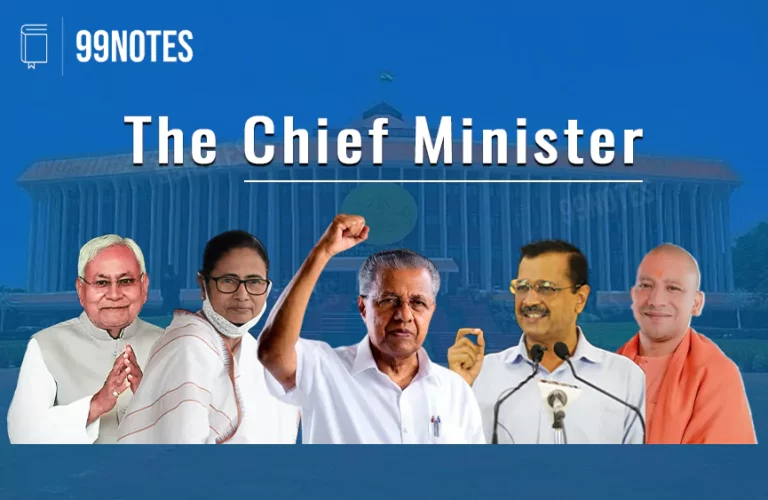Ordinance Making Power of President and Governor – Complete Notes for UPSC
Ordinance Making Power of President and Governor
The Constitution of India under Articles 123 and 213 provides the President and the Governor, respectively, powers to promulgate ordinances but only when ‘immediate action’ is necessary and the Parliament or state legislature is not in session. Ordinances have the same force and effect as an act of legislature.
- This feature has been adopted from the Government of India Act 1935.
- The ordinance-making power of the President is an extraordinary power. It has been provided by the Constitution to deal with emergency situations. It cannot be considered as the parallel power of the President to legislate.
- The ordinance-making power of the President and Governor is identical.
Conditions for promulgating an ordinance
The Constitution has mentioned several conditions and limitations regarding the promulgation of an ordinance:
- The President can promulgate an ordinance only when either or both of the Houses of Parliament are not in session. Since a bill requires the approval of both Houses, hence an ordinance can be promulgated even when one House is in session.
Similarly, the Governor can promulgate an ordinance when the state legislature is not in session.
- The promulgation of the ordinance is subject to the satisfaction of the President or Governor. If they are advised by the Council of Ministers that the circumstances exist in which immediate action is required, they can promulgate the ordinance. All ordinances are subject to Judicial review.
Judicial Review of an Ordinance |
|
- An ordinance has the same force and effect as an act of Parliament (except the period). It means it is also subject to some limitations, such as:
- An ordinance can only be promulgated on a subject on which the Parliament has the authority to make law;
- An ordinance cannot curtail or take away any of the fundamental rights. An ordinance is also considered as ‘law’ under Article 13.
- An ordinance must be laid before the Parliament or state legislature (and legislative council in case of the bicameral legislature) when it reconvenes; if the Parliament/state assembly approves it (bypassing the bill meant to replace the ordinance), it becomes an act. In case the ordinance fails to get approval, it ceases to exist after 6 weeks from the reconvening of the Parliament/legislature.
Note: When a bill meant to replace the ordinance is laid before the House, a statement explaining the circumstances in which an ordinance had to be brought must be placed before the House.
Revocation of an ordinance
- The President/Governor can withdraw the ordinance at any time; it must be noted that the President’s or Governor’s power to promulgate and withdraw an ordinance is not a discretionary power; s/he must act on the aid and advice of the Council of Ministers.
- An ordinance expires if both Houses of Parliament or state legislature (and agreed by the legislative council in case of a bicameral legislature) pass a resolution disapproving it.
- Note: The acts done under the provisions of an ordinance remain valid even if the ordinance ceases to operate or is withdrawn by the President or Governor.
Other features of an ordinance
- Like any ordinary legislation, it can be applied from a back date as well (retrospective effect), but only in case of civil matters.
- It can modify or repeal any act of Parliament and even an ordinance.
- However, an ordinance can’t be promulgated for Constitutional amendment.
- Subject to judicial review: The Supreme Court in AK Roy vs. Union of India (1980) and Krishna Kumar vs. State of Bihar (2017) held that the President’s and Governor’s power to promulgate ordinance is not beyond the scope of judicial review.
Re-promulgation of Ordinances
As we have seen above, the power to issue an ordinance is an extraordinary parliamentary device that is meant to be used only in emergency situations when the Parliament or state legislature is not in session.
However, past state governments and even the Union government have resorted to re-promulgation to evade legislature. For example – The Union government re-promulgated the Land Acquisition Ordinance and Indian Medical Council Amendment Ordinance.
This practice has been called into question by the Judiciary several times.
Judicial rulings on re-promulgation of ordinance
- DC Wadhwa vs. State of Bihar
The re-promulgation of ordinances by the Bihar government was challenged in this case. The Court observed that the Bihar government promulgated 256 ordinances from 1967 to 1981, and many of them were re-promulgated; the Court held that it amounted to bypassing the legislature and leads to “ordinance raj”. The Court held the re-promulgation as a colourable exercise of power and ruled it unconstitutional.
- Krishna Kumar vs. State of Bihar (2017)
A seven-judge Constitutional bench ruled that refusing to present the ordinance before the Parliament for approval is a violation of the Constitution. It ruled that re-promulgation is a “fraud on the Constitution’ and subversion of the legislative process. The Court also held that the power of the Governor to issue ordinances is not immune from judicial review.
Evaluation of Executive’s power to issue ordinance
The Executive’s power to issue ordinances is an unusual feature of the Indian Constitution, and it is not found in most of the democratic Constitutions. It has various issues:
- Undermines the principle of Separation of Powers: The law-making function is for the legislature. The ordinance-making power of the Executive dilutes that power.
- Bypasses the legislature: This power is often used to bypass the legislature and is not necessarily used in emergency situations.
- Passage of law without a mandate: It is possible that the government has lost an effective majority in the House, which cannot be proven unless the House is not in session, yet the government has the power to promulgate ordinances.
- Misuse: Continued re-promulgation is an example of misuse of the ordinance-making power of the Executive.
- Must be used sparingly: It is an extraordinary device meant to deal with emergency situations; however, it has been subject to gross misuse by both central and state governments, evident by the scathing observations made by the Supreme Court (in above mentioned cases).
Justifying the ordinance-making feature of the Indian Constitution, BR Ambedkar stated that this extraordinary device is meant to enable the Executive to deal with emergency situations when the Parliament is not in session. In a situation when an immediate change in law becomes necessary, there needs to be such a provision at the disposal of the government.
Other Related Links:
| President of India | Vice President |
| Prime Minister | Union Councils of Ministers |
| The Governor of States | Chief Minister |

